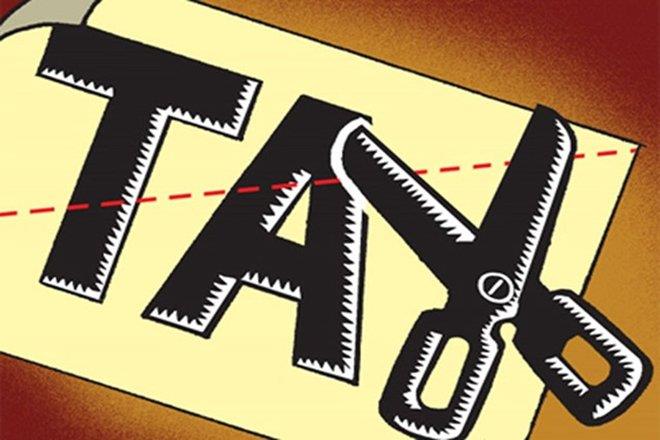
Nigerians across 36 states of the federation paid N1.23tn in taxes in 2021, a 19.19 per cent increase from the N1.03tn paid in 2020.
This is according to data from the States’ Internally Generated Revenue report by the National Bureau of Statistics released recently.
According to the data, tax revenues accounted for 66.16 per cent of state’s IGR (N1.56tn) in 2020 and 64.88 per cent of N1.89tn in 2021.
According to the data, taxes make up a chunk of state revenues. These taxes included: Pay As You Earn, direct assessment, road taxes, and other taxes paid by residents within a state.
Lagosians paid N405.08bn while the FCT paid N131.93bn in taxes. Others are: Rivers (N115.74bn), Delta (N70.78bn), and Ogun (N36.72bn) who alongside Lagos and the FCT paid the most taxes.
Ekiti (N7.55bn), Kebbi (N7.39bn), Abia (N6.51bn), Yobe (N6.09bn), and Taraba (N4.54bn) paid the least taxes.
While tax revenues have increased year-on-year, states are largely unable to sustain themselves on these revenues and other sources of income. Most of them continue to rely on federal allocations.
In its ‘State of States (2022 edition)’ report, BudgiT, a data firm, said, “Having been inundated with fiscal shocks from the Covid-19 pandemic in 2020 which plummeted government revenues, the 36 states of the federation commenced a rebound as the cumulative revenues of the states grew by 9.19 per cent from the N4.69tn earned in 2020 to N5.12tn in 2021.
“Cumulatively, there was a 33.66 per cent year-on-year growth in the aggregated Internally Generated Revenue (IGR) of the 36 states, from N1.2trn in 2020 to N1.61tn in 2021.
“However, the bulk of the states still rely heavily on federally distributed revenues to implement their budgets. While at least 50 per cent of the total revenue of 33 states were federal transfers, 13 states relied on federal transfers for at least 70 per cent of their total revenues.
“Being faced with declining revenues owing to Nigeria’s subsidy regime and the volatile price of crude oil, over-reliance on federal transfers is becoming increasingly unsustainable. Hence states as a matter of urgency need to wean themselves off the dependence on federally distributed revenues by significantly improving their capacity to mobilise revenues internally.”
In an earlier interview, a professor of Economics and Public Policy at the University of Uyo, Akpan Ekpo, had said states must focus on employment-creating investments in order to increase their tax revenues.
He said, “States need to attract investments. When people have jobs, they pay tax. If an individual doesn’t have a job, they cannot pay PAYE tax.
“There is high unemployment in every Nigerian state. If the states increase employment, bring in investors, start companies, foreign direct investment comes in, people will work, and they will pay tax.”




